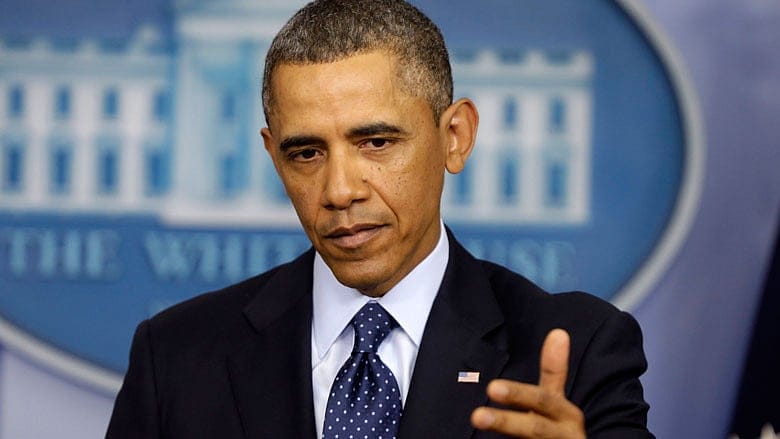The spread of Islamism and Obama’s legacy in the Middle East

President Obama's foreign policy has been a subject of intense debate over the past eight years, particularly concerning his actions in the Middle East. While his decisions have earned praise from some and scorn from others, there is one curious aspect of his foreign policy that has gone unnoticed by many; the president's harsh rhetoric and actions concerning secular dictators in the Middle East, and his willingness to tolerate and even cooperate with Islamist regimes.
When the Egyptian protests began in January 2011, the president gave the protesters very vocal support. "Egyptians have made it clear that nothing less than genuine democracy will carry the day," he said in a statement on the day that President Mubarak stepped down amid protests. He praised the election of Mohammed Morsi, even though the party Morsi represented had close ties to the Muslim Brotherhood. Indeed, Morsi's promise to release terrorist Omar Abdel-Rahman from American prison and his statements calling Israelis the descendants of apes and pigs showed that he was more than a merely nominal Islamist.

